 by Dennis Prager –
by Dennis Prager –
The nearly universal change from wishing fellow Americans “Merry Christmas” to wishing them “Happy Holidays” is a very significant development in American life.
Proponents of “Happy Holidays” argue that it’s no big deal at all, and that proponents of “Merry Christmas” are making a mountain out of a molehill, especially when proponents say that the substitution of “Happy Holidays” is part of a “war on Christianity.”
But the “Happy Holidays” advocates want it both ways. They dismiss opponents as hysterical while, at the same time, relentlessly pushing to rid America of “Merry Christmas.”
So, then, which is it? Is the substitution of “Happy Holidays” for “Merry Christmas” important or not?
The answer is obvious. It is very important. That’s why the anti “Merry Christmas” crowd has worked so hard to make this greeting a thing of the past. And they have been extraordinarily successful. [Read more…]

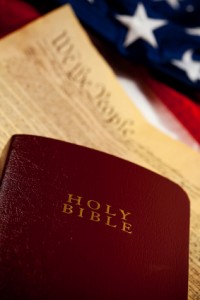 by Mike Miller (Supreme Court Justice Antonin Scalia) –
by Mike Miller (Supreme Court Justice Antonin Scalia) – 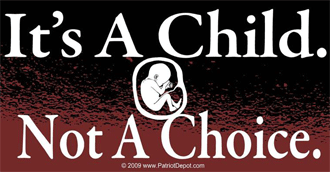 by Betsy McCaughey –
by Betsy McCaughey –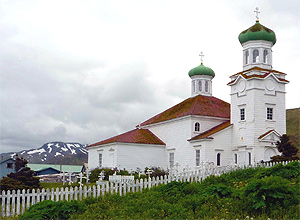 by Fr. Gregory Jensen –
by Fr. Gregory Jensen –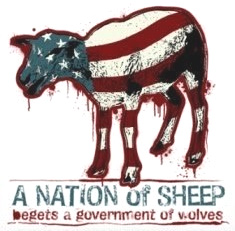 by Daren Jonescu –
by Daren Jonescu –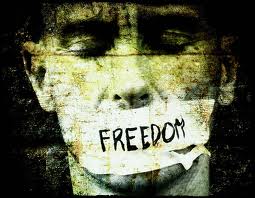 by Joe Carter –
by Joe Carter –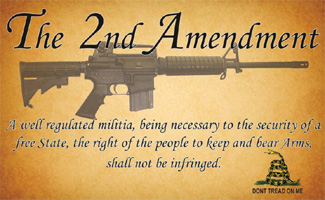 by Mark Almonte –
by Mark Almonte –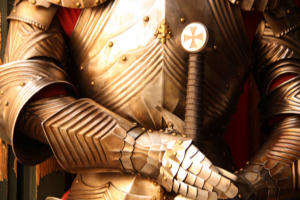 by Deacon Keith Fournier –
by Deacon Keith Fournier – by Jordan Ballor –
by Jordan Ballor – by Jeffrey Folks –
by Jeffrey Folks –